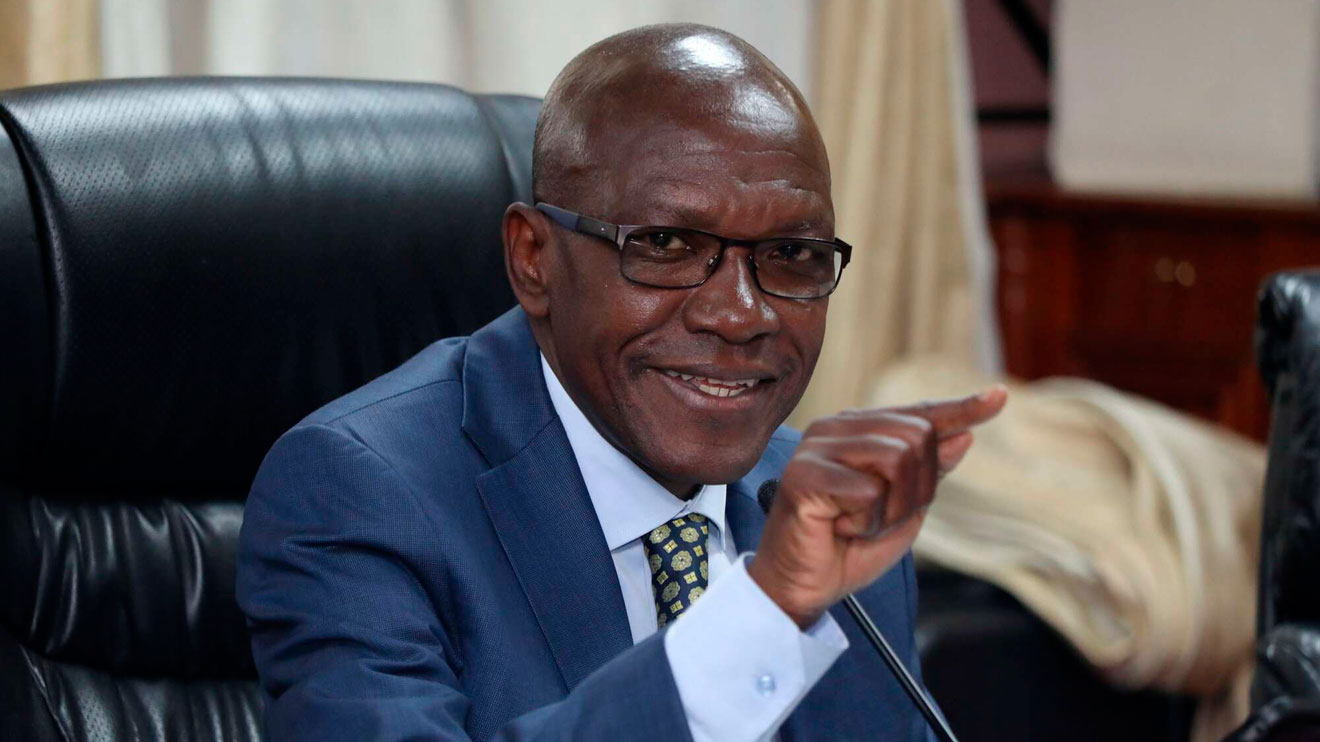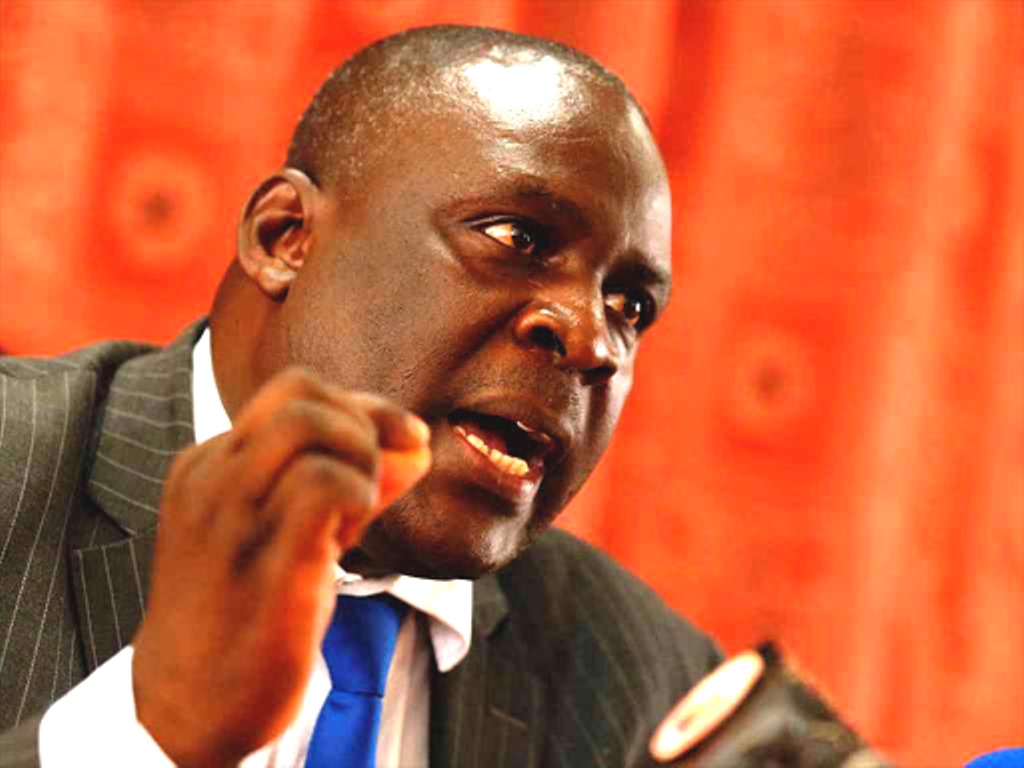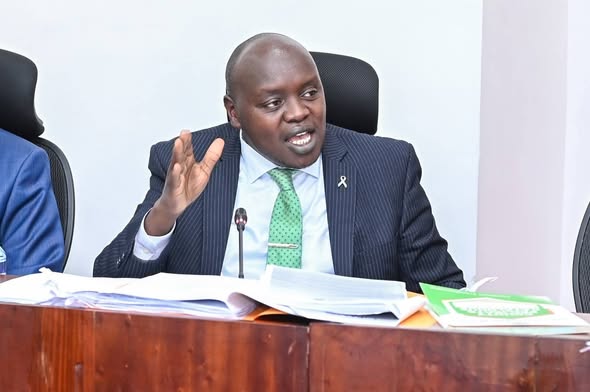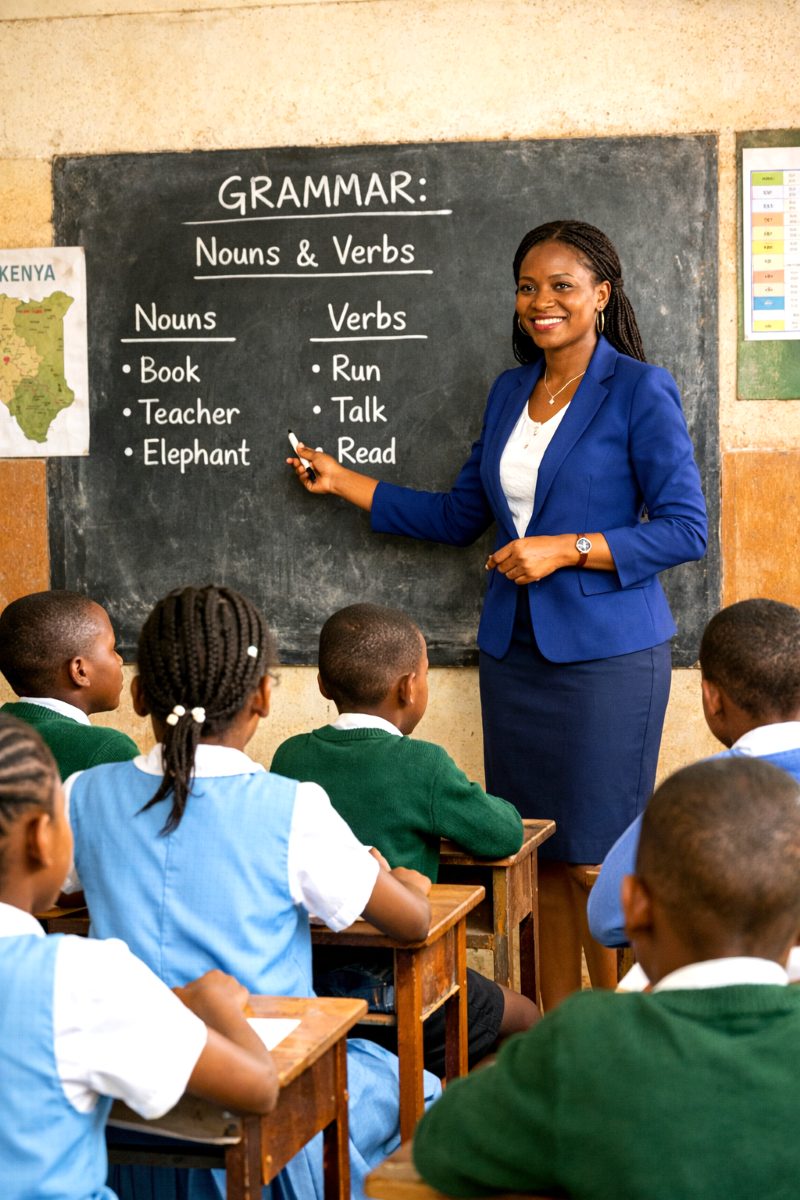Kakamega Senator Boni Khalwale has issued a powerful and urgent plea to Parliament, calling for immediate action to protect Kenya’s free education system.
His impassioned statement comes in the wake of astonishing revelations from Treasury Cabinet Secretary, John Mbadi regarding the nation’s financial capacity to sustain free education.
On Friday, July 25, 2025, Senator Khalwale took to his X account to articulate his profound concern.
“If ever there was a time the nation needed Parliament, it is NOW. The great transformational dream and legacy of President Mwai Kibaki of free Primary & Secondary education must be protected at all costs.” He stated.
ALSO READ:
Khalwale’s intervention follows unsettling testimonies before the Education Committee on Thursday, July 24, 2025, where Treasury Cabinet Secretary John Mbadi and Education Cabinet Secretary Migos Ogamba disclosed that the government can no longer afford to fully fund Free Primary and Day Secondary Education.
“Let us not live a lie. The truth is we don’t have the money to continue funding free education,” CS Mbadi’s candidly admitted.
The message paints a grim picture of the fiscal realities facing the nation, attributing the crisis to heavy debt repayments and other competing budgetary demands.
The disparity in funding is stark: secondary schools currently receive Ksh16, 900 per student, significantly below the required Ksh22, 244, while junior secondary schools are allocated only Ksh10, 000 against a need of Ksh15, 042. Only primary schools reportedly receive their full capitation of Ksh1, 420 per learner.
ALSO READ:
TSC online meetings fail to deliver, say frustrated field officers
The CS also revealed that the government might stop paying examination fees in future, with only needy students receiving support. This year, however, the government will still cover the fees.
Members of Parliament reacted with palpable anger to these revelations, openly accusing the ministries of corruption and gross mismanagement of resources. Legislators claimed that funds had been illicitly disbursed to schools that do not even exist, emphasizing an urgent need for comprehensive reform of the entire system.
Luanda MP Dick Maungu, specifically, cited two such “ghost schools,” each reportedly having received a staggering Ksh50 million from the government. This alarming situation has raised widespread fears that, without immediate intervention, schools across the nation could face closures or be compelled to drastically increase fees, thereby inflicting severe hardship on millions of Kenyan families.
By Cornelius Korir
You can also follow our social media pages on Twitter: Education News KE and Facebook: Education News Newspaper for timely updates.
>>> Click here to stay up-to-date with trending regional stories
>>> Click here to read more informed opinions on the country’s education landscape






